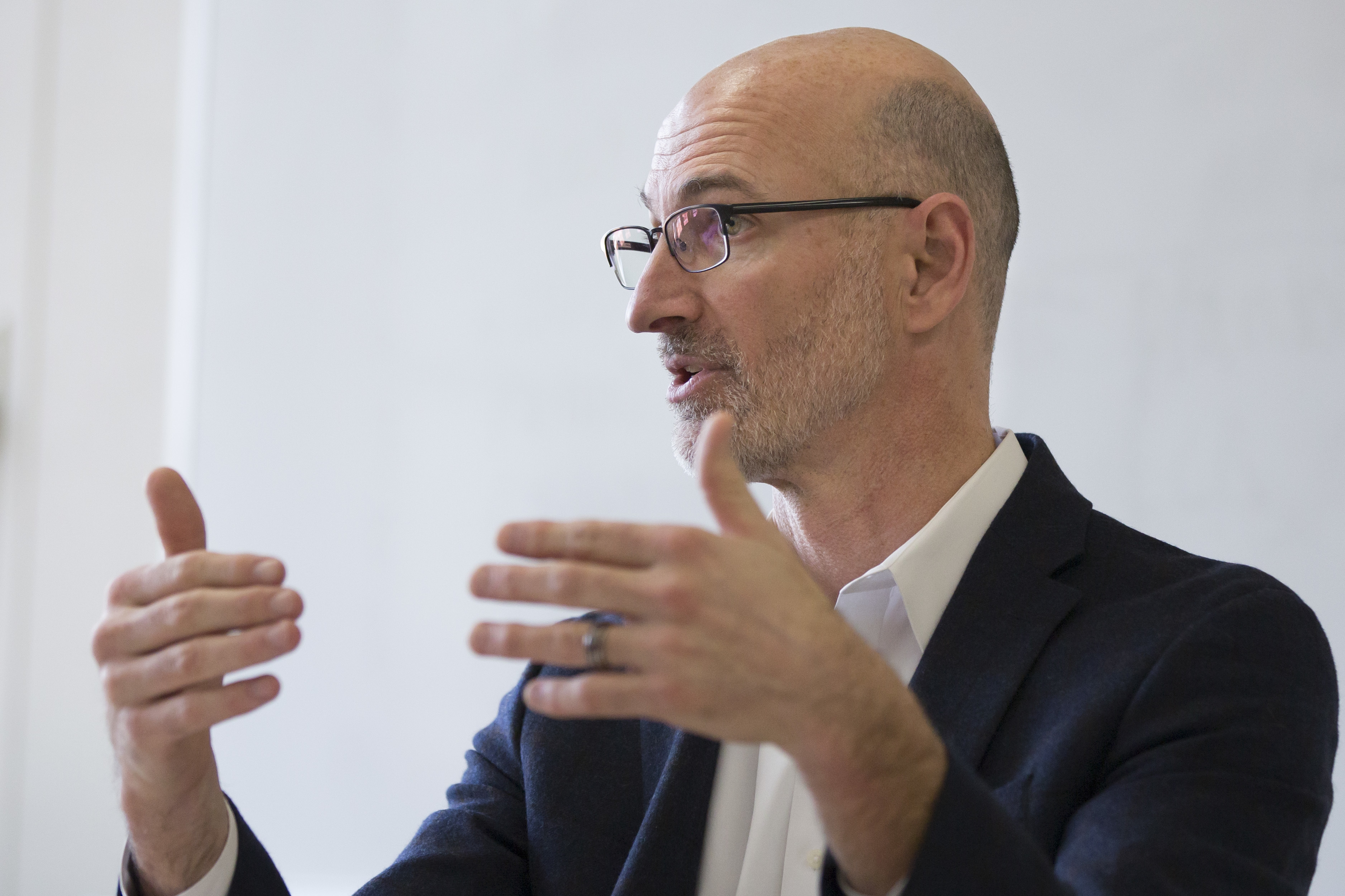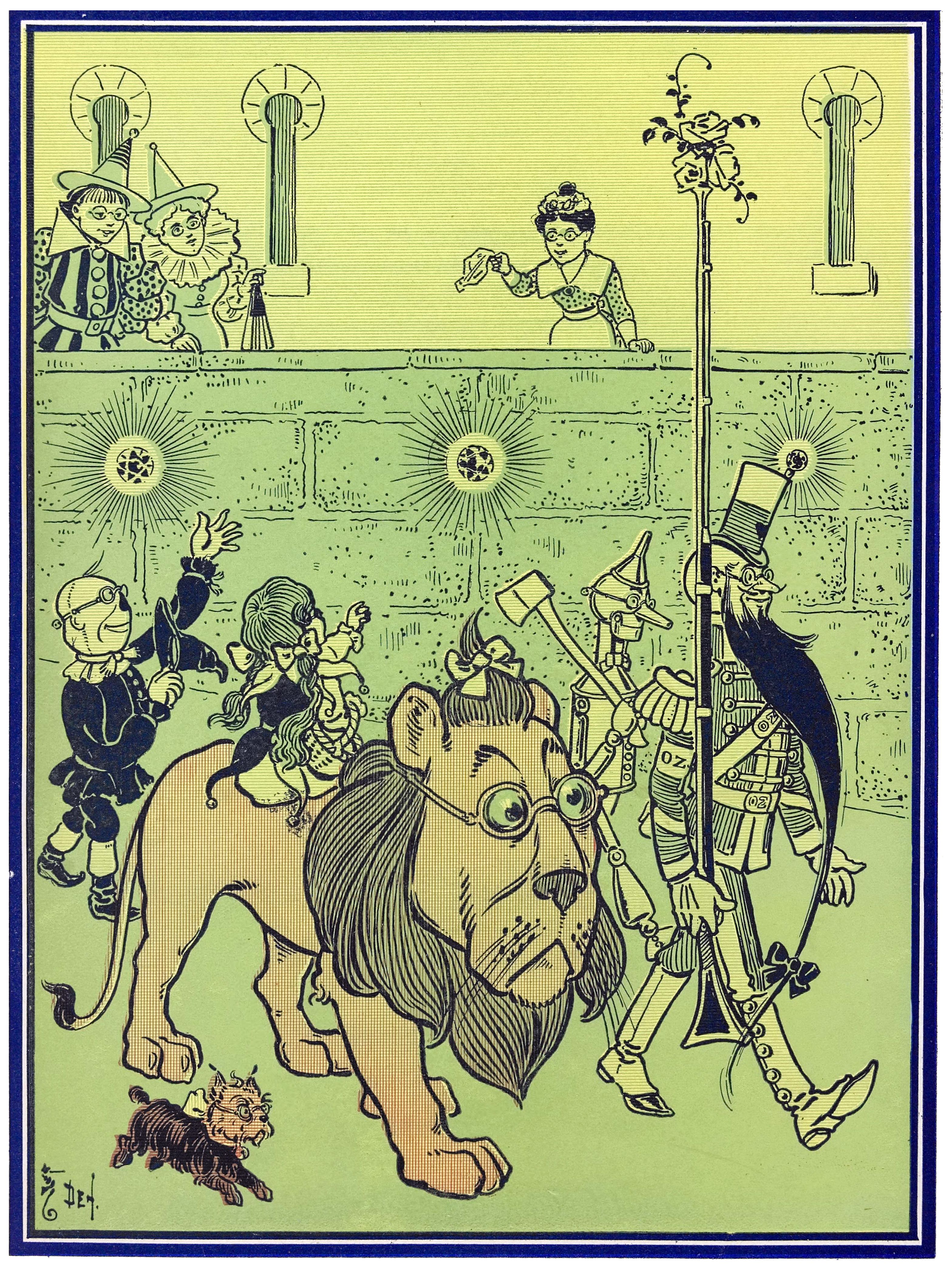You say that the American people deserve “thoughtful and morally ambitious military leaders.” What do you mean by that?
Being ambitious is not a bad thing, right? People want to achieve things. They want to be successful. And we want people to be motivated to do a good job for us. But sometimes as people accrue power, they’re thinking less and less about ethics. There’s something that psychologists call “ethical fading.” When you’re really successful, you’ve been told how great you are and what a great job you’re doing, and you’re getting all the rewards for doing a great job. You start to think, “I must be great if everyone’s telling me I’m great.” You’re at the top of the food chain and you’re kind of isolated from even other peers. We need to figure out a way to have general officers continue to think deeply about ethics.
You’ve spent a lot of time thinking about not only military leadership, but business leadership as well. What do they share, and where do they diverge?
The overlap is substantial. There’s a misperception that in the civilian world it’s all about building relationships, but that in the military you just obey orders. I’m convinced that with successful leaders in the military, it’s about relationships—the relationships they build with their superiors, their peers, their subordinates. I do think toxic leadership is as much of a problem, if not worse, in the civilian world as it is in the military. The military is a microcosm of American society. So if American society has a sexual harassment problem, then the military has sexual harassment; if society has a drug abuse problem, the military is going to have a drug abuse problem.
Do you feel like there’s a disconnect between military culture and civilian culture in terms of the perception of leadership? A big portion of the public is removed from the military. How does the American public perceive military leadership?
I do believe the non-draft era causes a disconnect. It’s a lot different when you’re hearing about your friend from high school getting called up into the military, especially during a time of war. That disconnect is real. We’re having all kinds of recruiting problems right now. And so more and more of the people going into the military now are the sons and daughters of people in the military. We’re getting a disproportionate segment of American society populating our military service, which I think adds to the disconnect. We’re left with many Americans either not thinking at all about the military or putting the military on a pedestal.
Has anything changed over the decades in the way that military leadership approaches its moral compass?
The military’s professional education system has gotten way better. The volume of curriculum related to ethical leadership and moral behavior is substantially higher than it was 30 years ago. I also think today there is more transparency than there was, but I don’t think there’s enough. Military leaders need to be held more accountable even than they are now. The military needs to embrace these stories and make it really clear that these problems are real and they keep happening.
What do you want readers to take away from this exploration that you’ve done?
I want us to think about and study bad leadership way more than we do today. I think we’re culturally biased to study good leadership and success stories. We don’t spend enough time studying our failures. With that knowledge, when you see bad leadership rising, you are more equipped to arrest it, to try to combat it before it gets out of hand. I think we must demand, in a democratic society, better oversight of these people and the accountability and transparency that should come with it. The more we think about our failings as human beings, then the better equipped we are to be self-aware.











